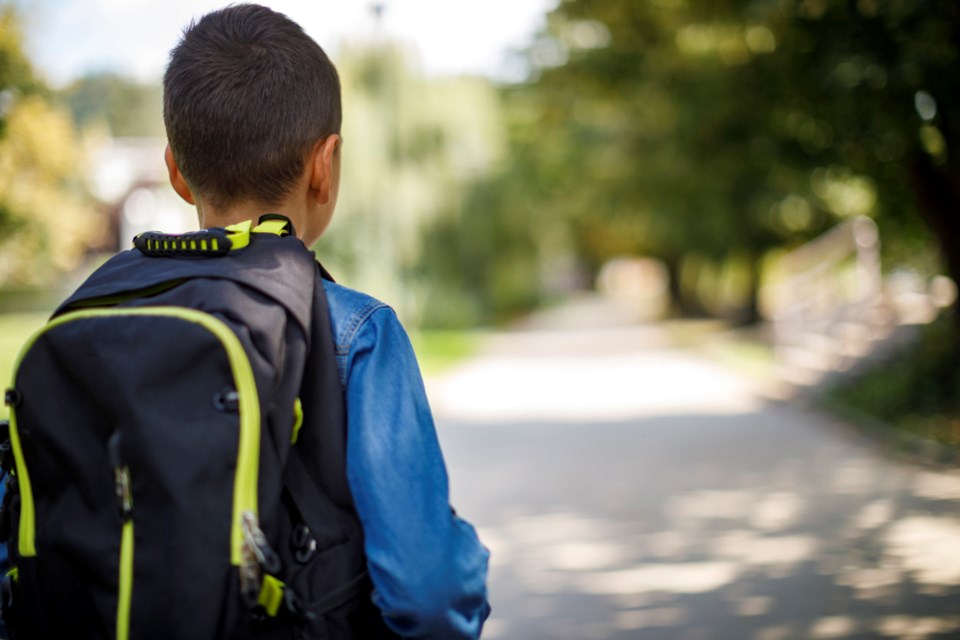All children in B.C. should be able to attend school, regardless of their family’s immigration status.
That’s the philosophy behind a motion the New Westminster school board will submit to the B.C. School Trustees Association (BCSTA) for consideration at its annual general meeting this spring.
School District 40 trustees want the BCSTA to lead the charge in the hopes that other districts around the province will follow New Westminster’s lead.
The New Westminster sanctuary schools policy, adopted in 2017, says all school-age children who are “ordinarily resident” in the district – including those with precarious immigration status or no immigration status – are entitled to admission in school. It also specifies that students’ personal information will not be shared with federal immigration authorities and that Canada Border Services Agency or immigration officials will not be allowed to enter school district facilities, unless required by law.
Trustee Maya Russell, who brought forward the motion to take the issue to the BCSTA, said the policy is not a “frill.” Rather, she said, it enshrines requirements that are already laid out in international human rights agreements and in B.C.’s own School Act.
But she said there’s still not wide awareness of the importance of such a policy.
“We remain the only district in the province with a full and thorough policy to ensure that all students who live in the community are able to attend school without fear of the immigration status of their parents being a barrier,” she said at the Jan. 25 school board meeting.
New West trustees are asking the BCSTA to adopt a motion to urge school boards around the province to investigate and remove barriers to students with precarious or no immigration status – for instance, by removing references to citizenship or immigration from registration forms, and expanding which documents they may accept as proof of residency in a community.
The proposed BCSTA motion would also call on the B.C. Ministry of Education to make any changes to policy that are needed to allow that to happen.
“Families continue to run into problems across the province, and we really feel like there is a need for clarification and better awareness around this,” Russell said.
Follow Julie MacLellan on Twitter @juliemaclellan.
Email Julie, [email protected].



